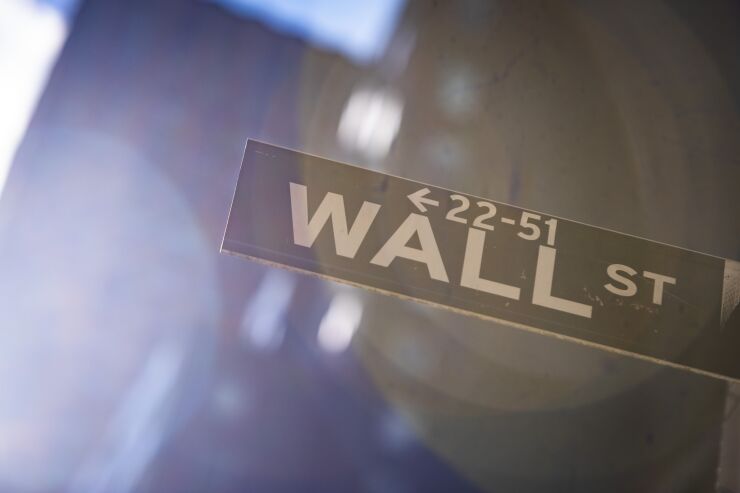Democrats in New York, the world’s financial capital, may finally have the right moment to resurrect the state tax on stock trades.
One-fifth of the state’s revenue is disappearing, leaving a projected four-year deficit of $61 billion. Progressive Democrats are on the ascent in the state legislature. Stock trading has surged. And taxing it would raise $13 billion a year to avert painful cuts to government services during a pandemic that’s exaggerating economic and racial inequality.
“If ever there was an opportune moment for New York to resurrect its stock transfer tax, it’s now,” said Andrew Silverman, a Bloomberg Intelligence analyst. “The state legislature is probably more amenable now than at any time in decades.”

Last month, about 100 members of the 213 members of the New York legislature signed a letter saying the state should raise taxes on the rich before cutting spending to balance the budget. Other Democratic proposals include raising taxes on billionaires, large corporations and second-home purchases of $5 million or more.
One benefit to the stock-transfer tax is that much of it would come from wealthy out-of-state residents who execute trades in New York, said Phil Steck, a Democratic Assemblyman from Schenectady. He has received more than 20 co-sponsors for his bill to repeal the 100% rebate on the tax, which remains on the books but was effectively killed off in 1981 when the New York Stock Exchange considered leaving.
In 2016, the wealthiest 10 percent of Americans owned 84 percent of stocks, according to a study by New York University Professor Edward Wolff.
“Every single significant exchange in the world has a financial transaction tax save one, which is Germany, and they’ve proposed it there,” Steck said. “Is the London Stock Exchange out of business? Have they moved to Dublin?”
Steck’s bill calls for a tax of 1.25 cents on a sale of stock worth $5 or less a share to as much as 5 cents for stocks worth more than $20 per share. Revenue would be targeted to New York’s general fund for three fiscal years. Afterward, it would be used for infrastructure, with the Metropolitan Transportation Authority getting 25 percent.
Even so, the tax would draw opposition from banks and brokers. Wall Street is responsible for 17 percent of state tax revenue and 181,200 jobs, some of which could be jeopardized if trading volume falls, securities industry groups say. The Investment Company Institute said the tax would harm millions of moderate-income investors in mutual funds.
Freeman Klopott, a spokesman for Democratic Governor Andrew Cuomo’s budget office, said a tax could just cause firms to shift trading elsewhere.
“In the digital age it would be even easier for transactions to simply be moved out of state to avoid the tax,” he said.
A serious discussion of the levy may prompt threats by the New York Stock Exchange, owned by Atlanta-based Intercontinental Exchange, to relocate, according to Silverman, the Bloomberg Intelligence analyst.
Farrell Kramer, a spokesman for the NYSE, declined to comment.





